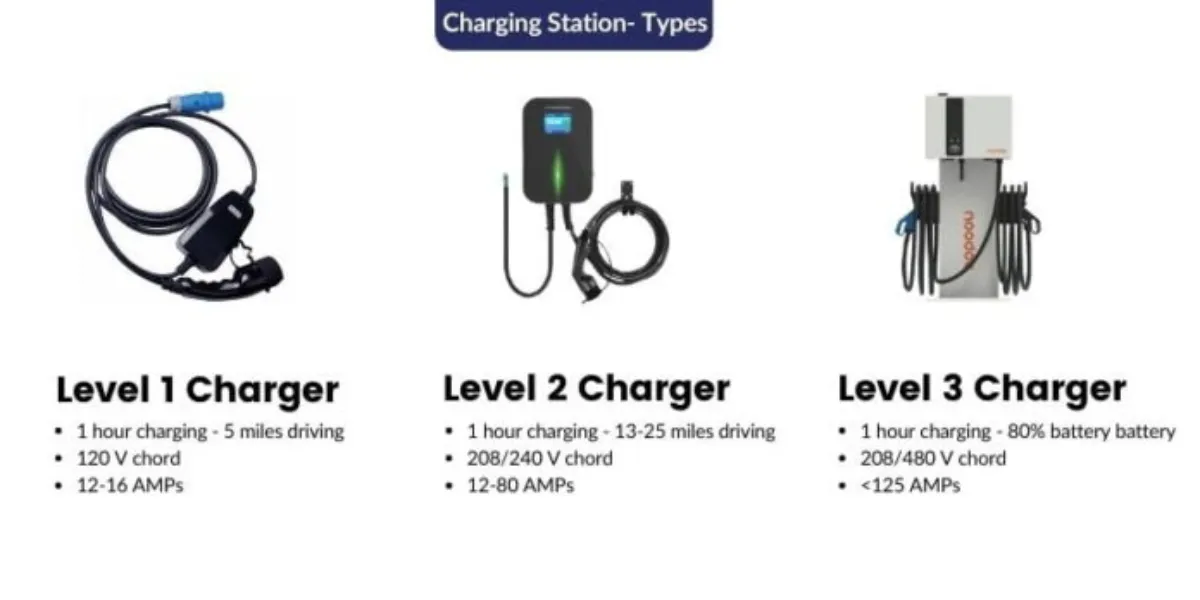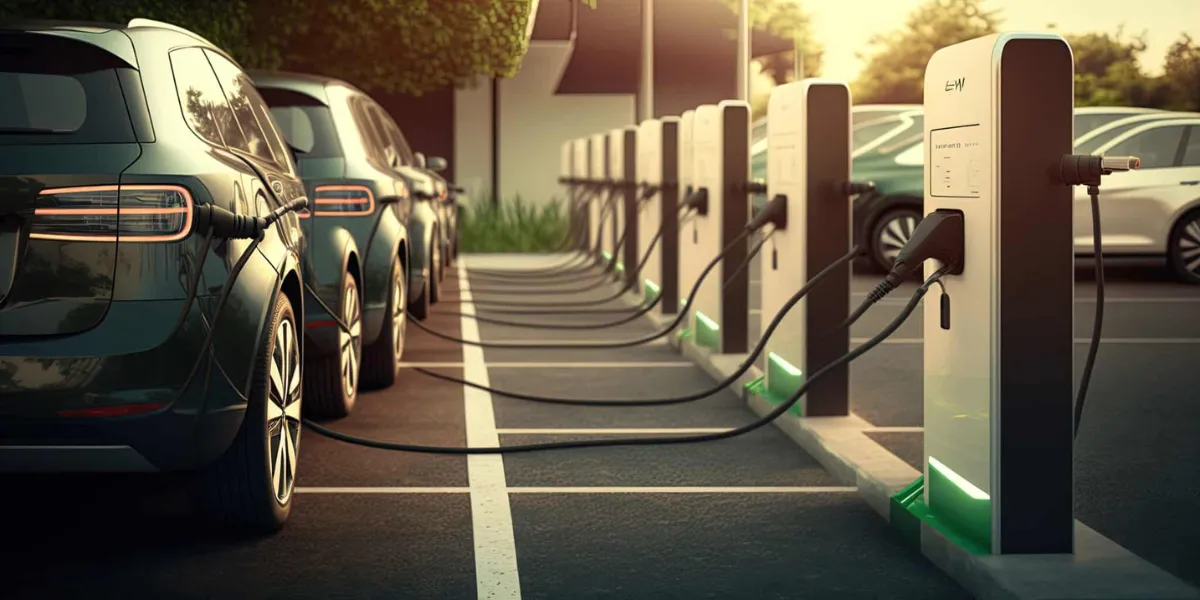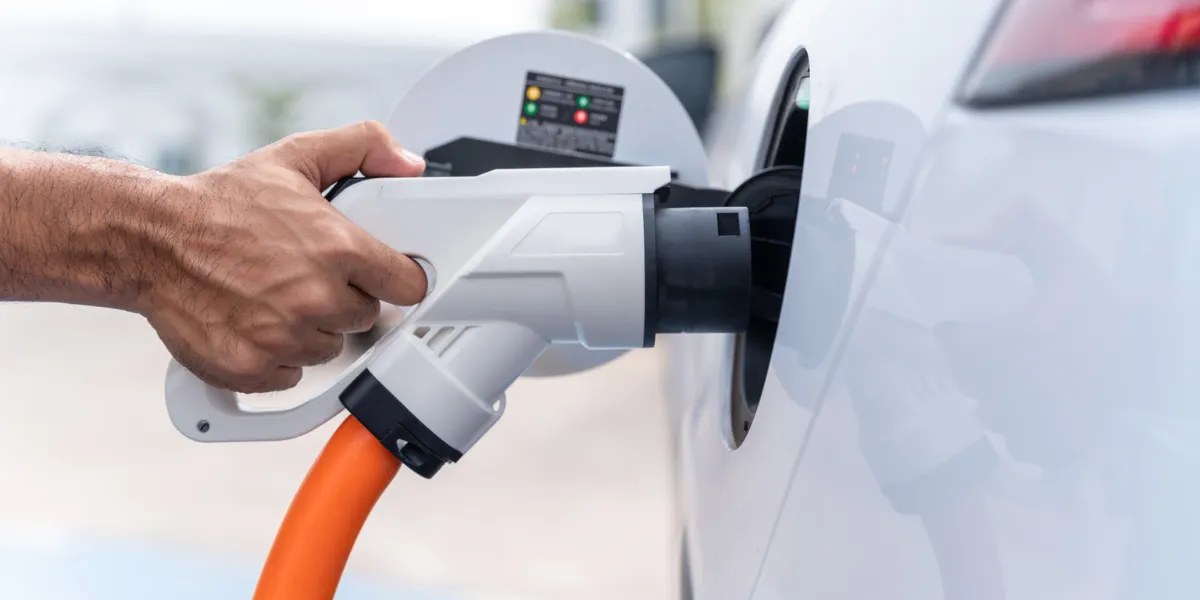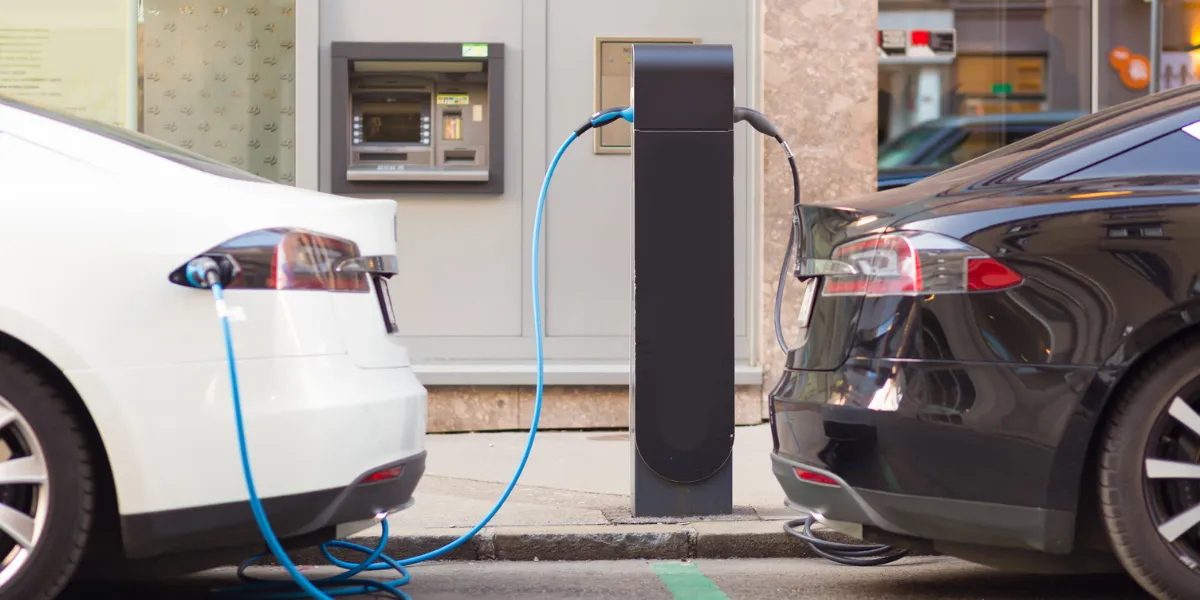Charging Electric Vehicles Toronto Condos A Complete Guide The rise in electric vehicle (EV) ownership is reshaping urban living, and Toronto is no exception. As more residents transition to EVs, the demand for charging infrastructure in condo buildings is increasing. Understanding the ins and outs of installing and managing EV chargers in condos is crucial for both residents and property managers
Understanding the Demand for EV Charging Stations
The surge in EV popularity is driven by environmental concerns, government incentives, and advancements in EV technology. Condo residents in Toronto are seeking convenient and reliable charging solutions to support their green transportation choices. This growing demand necessitates the integration of EV charging stations within residential buildings.
Types of EV Charging Stations Available

There are three main types of EV charging stations: Level 1, Level 2, and DC Fast Chargers. Level 1 chargers use a standard 120-volt outlet and are the slowest. Level 2 chargers, using 240 volts, are more common in residential settings, offering a balance of speed and cost. DC Fast Chargers provide the quickest charge but are more expensive and typically found in commercial settings.
Installation Challenges in Condo Buildings
Installing EV chargers in condos presents several challenges. These include limited electrical capacity, space constraints, and the need for upgrades to existing electrical systems. Additionally, obtaining approval from the condo board and ensuring compliance with building codes can complicate the process.
Solutions for Overcoming Installation Challenges

Addressing installation challenges requires a strategic approach. Solutions include conducting an electrical capacity assessment, planning for phased installations, and exploring load management systems. Engaging with experienced contractors and consulting with electricians can also help in navigating technical hurdles.
Cost Considerations for Installing EV Chargers
The cost of installing EV chargers varies based on the type of charger, existing infrastructure, and installation complexity. Costs include the charger unit, electrical upgrades, labor, and potential permits. Condo boards must weigh these costs against the long-term benefits and explore funding options such as government grants or subsidies.
Legal and Regulatory Requirements

Toronto has specific regulations governing the installation of EV charging stations in condos. These include adherence to electrical codes, fire safety standards, and accessibility requirements. Condo boards must also comply with the Ontario Condominium Act, which outlines the procedures for approving and implementing EV infrastructure projects.
The Role of Condo Boards and Management
Condo boards and property management play a pivotal role in facilitating EV charger installations. They are responsible for conducting feasibility studies, engaging with residents, obtaining necessary approvals, and overseeing the installation process. Effective communication and transparency with residents are essential to garner support and address concerns.
Choosing the Right Charging Infrastructure

Selecting the appropriate charging infrastructure involves considering factors such as the number of EV owners, the building’s electrical capacity, and future scalability. Level 2 chargers are often the preferred choice for condos due to their balance of efficiency and cost. It’s also important to choose reliable and reputable brands that offer robust after-sales support.
Energy Management and Billing Solutions
Managing energy consumption and billing for EV charging is crucial in a condo setting. Implementing smart charging systems that balance load and prevent electrical overload is key. Additionally, billing solutions such as individual metering or a shared cost model ensure fair distribution of electricity costs among EV users.
Benefits of EV Charging Stations in Condos

Installing EV charging stations offers numerous benefits, including increased property value, enhanced resident satisfaction, and environmental sustainability. It positions the condo as a forward-thinking and eco-friendly community, attracting potential buyers who prioritize green living.
Future Trends in EV Charging Technology
The future of EV charging technology is promising, with advancements such as wireless charging, faster charging speeds, and integration with renewable energy sources. These innovations will further streamline the charging process and make it more convenient for condo residents.
Preparing for a Sustainable Future

As the shift towards electric vehicles accelerates, condos in Toronto must adapt to meet the evolving needs of their residents. By understanding the challenges and opportunities associated with EV charging, condo boards can implement effective solutions that promote sustainability and enhance the living experience for all residents.
Click here for more visited Posts!




